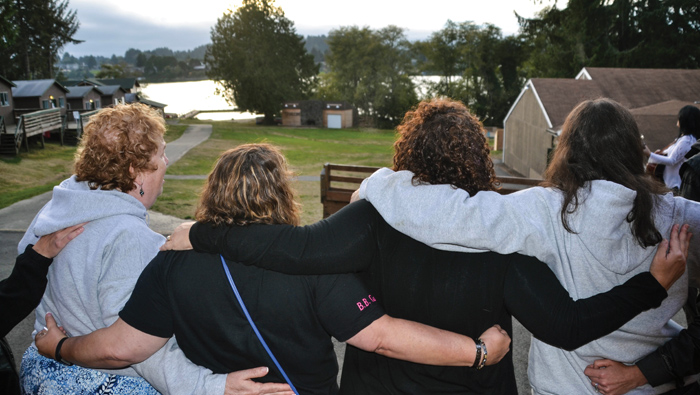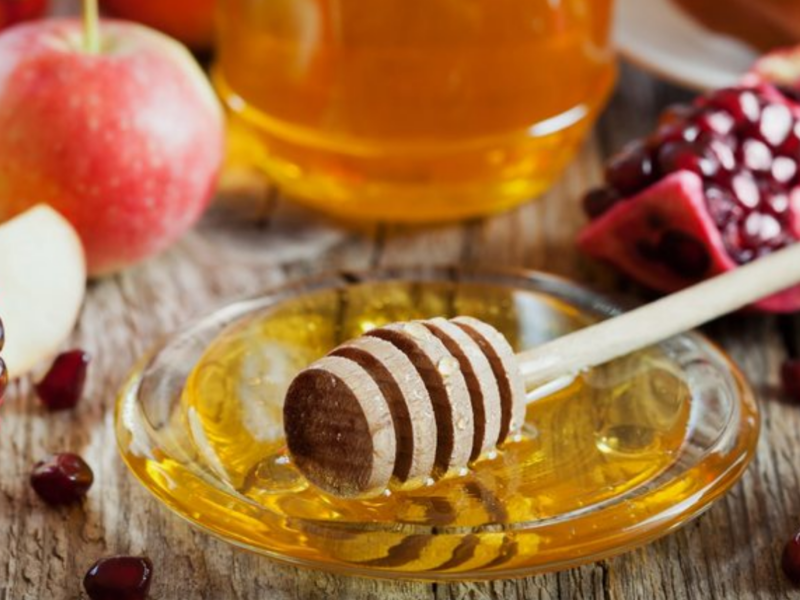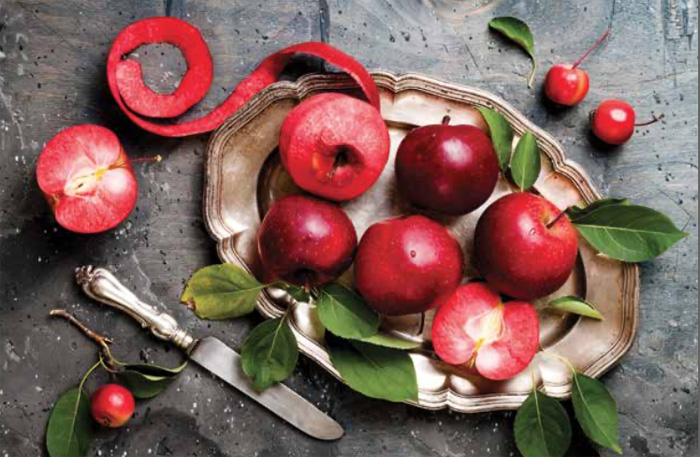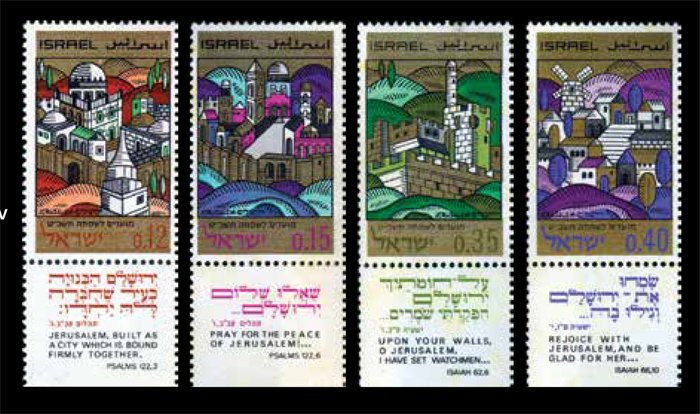For the secular New Year, people make resolutions to improve themselves for the coming year. But the Jewish New Year is preceded by a month of preparation to enter the New Year as a better person with past sins forgiven.
During the month of Elul, it is customary to ask those you have wronged for forgiveness since Judaism teaches God cannot forgive sins against another person until that person is asked for forgiveness. The 10 days between Rosh Hashanah and Yom Kippur are the final opportunity to seek forgiveness before your own fate is sealed for the coming year.
This concept of teshuvah, translated as repentance or return, expresses the Jewish belief that people have the ability to grow, develop and change. So what better time to return to a better self spiritually, mentally, physically, artistically and socially?
REJEWVENATION: A WOMEN’S RETREAT
Every year around the High Holidays, B’nai B’rith Camp hosts a ReJewvenation weekend for women at its lakefront property on the Oregon coast, which has attracted many Arizona campers and staff members over the years. The retreat was launched 13 years ago as a celebration of friendship, sisterhood and Judaism. In honor of its bat mitzvah age, this year’s retreat (Sept. 15-17) will offer women the additional option of participating in Shabbat services to celebrate the rite of passage of a bat mitzvah.
ReJewvenation is always scheduled around the High Holidays and offers women the chance to reset, rejuvenate and take a break from ordinary obligations during a relaxing weekend at camp. “Since women of all ages and interests come to camp, ReJewvenating looks a little different for everyone,” says Amy Blauer, who conceived of the event with Becky Ewer, Barb Gordon, Jordana Levenick and BB Camp Director Michelle Koplan. “My favorite thing is just to sit out on our porch and enjoy the camp vibe. We had some crazy late night dance parties, swimming the lake, a talent show… I love how we have incorporated the Race for the Cure into the weekend, as ReJewv often conflicts with the walk in Portland.”
For women, both active and arty, ReJewvenation includes fun options to explore: Bottle and Bottega painting, arts and crafts, Mah Jongg and book club, canoeing and kayaking, massages and spa services, yoga and boot camp, mixology and wine tastings, swimming and hot tubbing.
“This weekend always helps me rejuvenate spiritually and socially and offers me a chance to take a deep breath at the start of the year,” says Jordana.
Amy adds, “Since the Jewish New Year and the academic school year coincide, it is nice for all of us to take some time out to prepare for what is ahead – both spiritually and within the daily lives of our families.”
For Becky it’s not just a time to recharge, it’s also an opportunity to receive and give support. “When I was going through breast cancer, I felt so comfortable attending ReJewvenation and being with other women who I knew would be there for me,” says Becky. “And years later, I was able to give back by helping other women through their breast cancer journey.”
One of those women is Michelle Caplan, who is in her third year as ReJewenation chair.
“Last year I was hesitant to continue to be in that role after my cancer diagnosis but Michelle Koplan encouraged me to stay involved, and I’m so glad I did,” says Michelle Caplan. “This is an amazing community and I felt I had an incredible army around me to support me through my journey.”
“As women we naturally take care of everyone around us but rarely take time out for ourselves this weekend is exactly what that’s about,” she continues.
The weekend is also about building a Jewish future for the next generation. Donations and proceeds from the event go toward camper scholarships, ensuring every child has “the opportunity to experience the life-changing summer that only BB Camp can provide.”
As Arizona participant Suzye Kleiner learned when she attended ReJewvenation in 2015, the camp also provides wonderful opportunities for women to grow.
“My close friend Michelle Caplan was the chair, and after working at camp for five summers I was excited to have my own camp experience with my own peers, many wonderful women,” says Suzye, who lives in Scottsdale. “It was wonderful to connect in the magical setting of BB Camp and escape from the daily routine for a weekend. The experience really touched me on many levels, and it certainly lived up to its name.”
Suzye plans to return to ReJewvenation this year.
“I’m excited to attend ReJewvenation again because of the collective experience of variety it offered,” she says. “I challenged myself to attend different sessions throughout the weekend and cherish a painting that I made in a class overlooking the lake.”
CULTIVATE GRATITUDE FOR BETTER TOMORROWS
Best-selling author Rabbi Joseph Telushkin suggests asking two questions before stepping into the New Year: “What are our sources of happiness?” and, “What are our sources of unhappiness?”
“We must extricate ourselves from what makes us unhappy and increase what makes us happy,” says Rabbi Teluskhin, whose book Jewish Literacy is the widest-selling work on the topic of Judaism and is used as a resource in all streams of Judaism.
“People who make us unhappy are not people who are going to influence us to be better people,” he says. “The goal of the holidays is to be better people.”
He says one of his favorite quotes is from Rabbi Nachman of Breslov:“If you won’t be better tomorrow than you were today, then what do you need tomorrow for?”
Generally, religions tend to underrate the significance of being happy, Rabbi Telushkin says. But he notes happy people have a more positive view of life and tend to see the best in others. If someone does a favor for a happy person, that person appreciates the kindness. But doing a favor for an unhappy person can make that person wonder why and feel something is expected in return.
“The best way to be happy is to cultivate gratitude,” says Rabbi Telushkin. “If you take everything for granted, you are destined to be unhappy. The Jewish religious system of blessings tries to avoid allowing that to happen. … When we make a blessing before eating or an activity, we don’t take it for granted.”
Holiday and Shabbat family meals also provide opportunities to enhance happiness. The rabbi suggests having everyone at the table share one thing that made them happy recently.
“People can speak a great deal about what makes us unhappy, but will only speak for a minute about something that made them happy,” he says.
So as you head into the New Year, seek forgiveness from those you’ve injured, forgive those who apologize and focus on being grateful for all of the blessings in your life. You’ll be a better person and help make the world a better place, too.






